The Chaos at the Pentagon: A Story of Power, Politics, and the Future of War
It was a crisp autumn morning when Defense Secretary Pete Hegseth summoned 800 top military officers to Quantico, Virginia. The air was thick with anticipation as they gathered in the Marine Corps Base's grand hall, wondering what the day would bring. Would it be mass firings? New geopolitical priorities? Even a declaration of war? But instead, President Donald Trump took the stage, delivering his usual boasts and grievances to a largely subdued group of service members.
As he spoke, something unexpected emerged: Trump's assertion that the military should be deployed to US cities, including San Francisco and Chicago. "I told Pete we should use some of these dangerous cities as training grounds for our military, National Guard, but military, cause were going into Chicago very soon," he said. Hegseth followed with his own meandering speech, focused on restoring the military's lethality and so-called warrior ethos.
This unusual gathering offers a glimpse into the leadership style of Defense Secretary Hegseth, an appointment that has left many wondering what it means for the future of national security. To understand this complex web of power and politics, we spoke with Kerry Howley, a writer at New York magazine who recently wrote about the implications of Hegseth's selection.
The Rise of Pete Hegseth
Pete Hegseth's path to the Pentagon was unconventional, even for a Trump administration appointee. A former Fox News host and conservative commentator, Hegseth had no direct experience in national security or defense policy. Yet, he was chosen by Trump to lead the Department of Defense at a time when the country is facing growing threats from Russia, China, and other nations.
Hegseth's leadership style has been described as "unorthodox" by some, who see him as more focused on promoting a warrior culture within the military than on developing effective defense strategies. His speech at Quantico, with its emphasis on restoring the military's lethality, has raised eyebrows among experts and lawmakers.
The Politics of National Security
The Pentagon is often seen as a bastion of bipartisan agreement, where national security concerns transcend party lines. But under Trump, politics has become increasingly entangled with defense policy. Hegseth's appointment has been seen by some as an attempt to inject more conservative ideology into the military, raising questions about whether this will undermine its effectiveness.
As we spoke with Kerry Howley, it became clear that the implications of Hegseth's selection go far beyond the Pentagon's walls. "The fact that Trump chose a defense secretary with no experience in national security is a symptom of a larger problem," she said. "We're seeing a blurring of lines between politics and policy-making, which can have serious consequences for our national security."
A New Era of Warfare?
Trump's assertion that the military should be deployed to US cities has sparked debate about the future of warfare. Is this a sign of things to come – a new era of urban warfare, where the military is used as a tool for domestic law enforcement?
Experts warn that such an approach could have disastrous consequences, both domestically and internationally. "The use of military force in urban areas can lead to civilian casualties, displacement, and long-term instability," said Dr. Sarah Kreps, a professor of government at Cornell University.
Conclusion
The chaos at the Pentagon offers a glimpse into a complex web of power and politics that is shaping the future of national security. As we navigate this uncertain landscape, it's essential to understand the implications of Hegseth's selection and Trump's assertion about deploying the military to US cities.
As Kerry Howley so aptly put it: "The Pentagon is not just a building – it's a symbol of American power and influence. What happens there has far-reaching consequences for our country and the world."
In this era of increasing uncertainty, one thing is clear: the future of war will be shaped by politics, power, and the choices we make today.
*Based on reporting by Vox.*
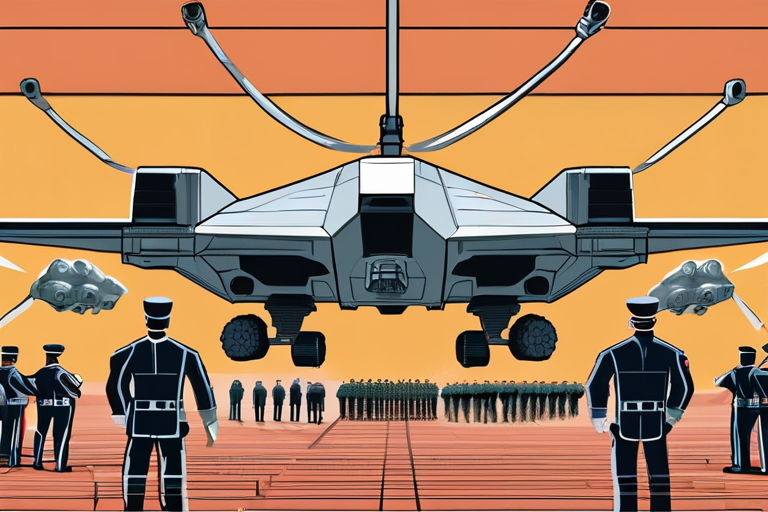

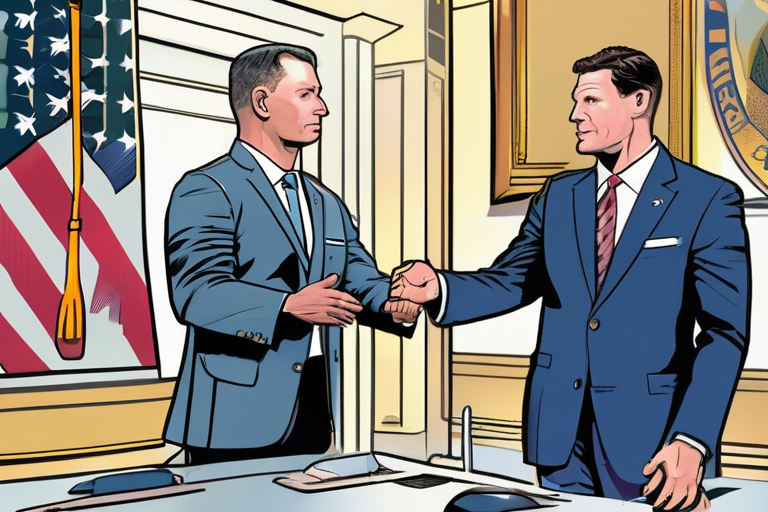
 Hoppi
Hoppi
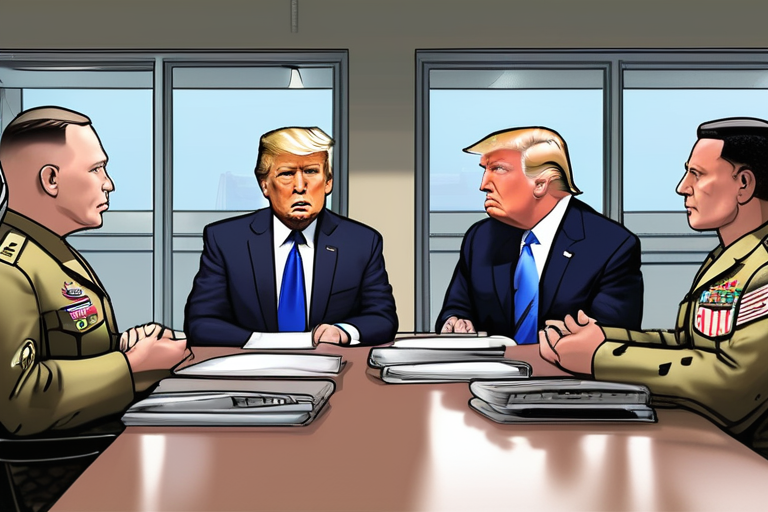
 Hoppi
Hoppi
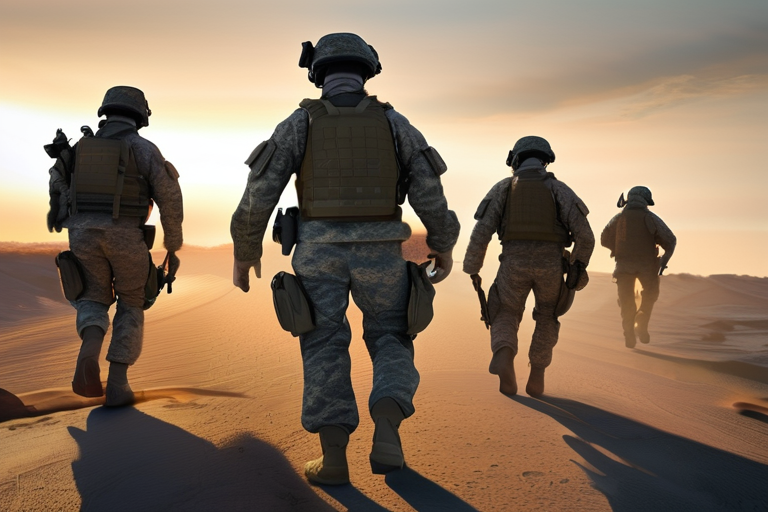
 Hoppi
Hoppi
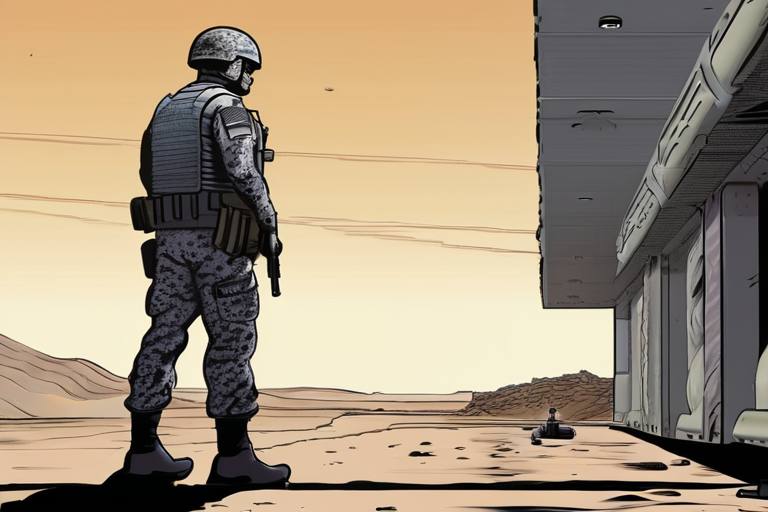
 Hoppi
Hoppi
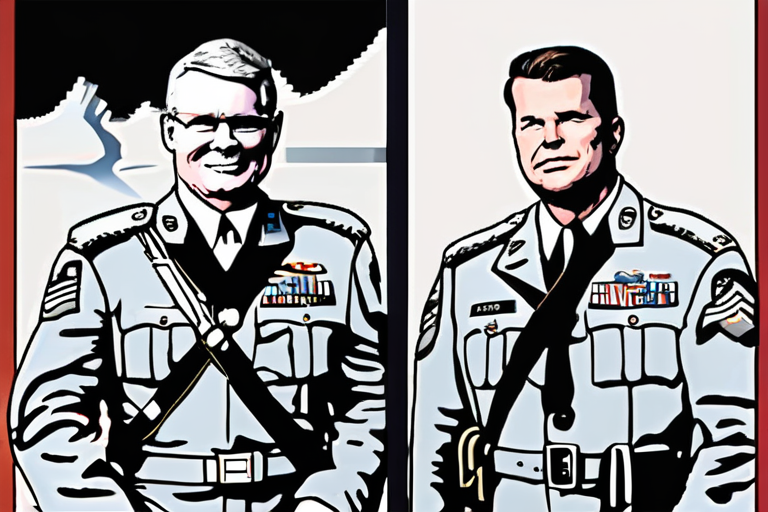
 Hoppi
Hoppi

 Hoppi
Hoppi











